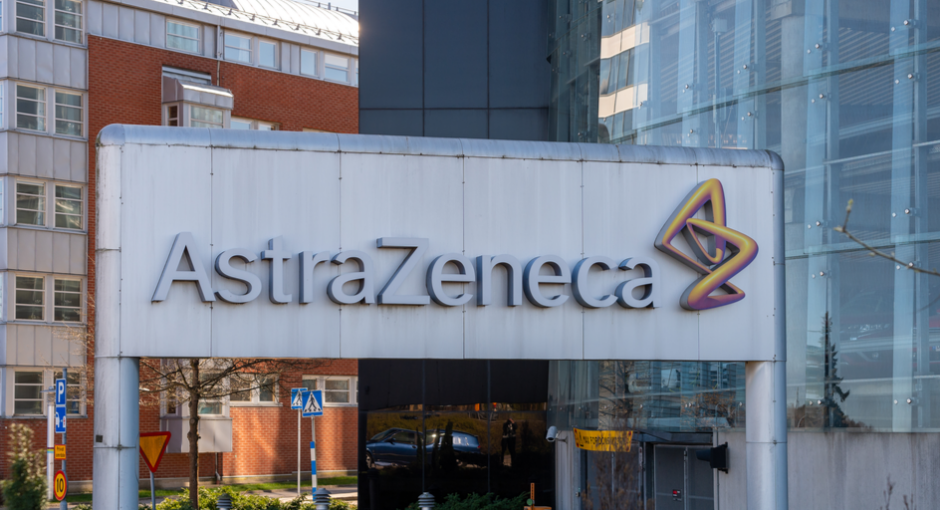The federal government during the past week filed responses to arguments that drug manufacturers AstraZeneca and Lilly made in federal appeals courts in their 340B contract pharmacy lawsuits.
“In enacting the 340B program, Congress was clear that drug manufacturers must provide discounted drugs to covered entities so that they could prescribe and dispense necessary medications to patients,” the government said in its Aug. 11 brief in the case involving AstraZeneca. “Nothing in the statutory scheme, its history, or common sense suggests Congress simultaneously granted drug manufacturers the authority to place whatever restrictions they like on access to those drugs.”
Pick Up All Drugs at Astra’s Headquarters
“AstraZeneca’s argument that it is required only to offer drugs at the discounted price—and no more—has no limiting principle,” the government said. If that argument were upheld, the company theoretically could require entities to pick up all drugs from Astra’s headquarters in Wilmington, Del., or it could limit covered entities to a single pill per drug per month at the discounted price because the statute does not explicitly address quantity, the government said.
“AstraZeneca’s policy has removed millions in savings from the 340B program’s intended recipients, threatened the continued operations of covered entities, and deprived patients of necessary drugs at the statutorily discounted price,” the government said. “Congress did not enact a statute that defeats itself.”
Lilly Case
The government filed a shorter brief on Aug. 15 responding to Lilly’s arguments in its case.
It said the lower court in that case correctly concluded that the 340B statute does not let manufacturers impose extra-statutory restrictions on their offer to sell 340B drugs to covered entities. But the government said the court incorrectly vacated HHS’s finding that Lilly’s 340B contract pharmacy restrictions broke the law, due to HHS’s failure to explain its change in its position about its authority to enforce violations of the 340B statute involving the contract pharmacy program, as laid out in its 340B program guidance.
The government said HHS was clear that its 1996 guidance advising entities to use a single contract pharmacy was non-binding. It also was clear about the non-binding nature of its 2010 guidance advising entities that they could use multiple contract pharmacies, the government said.
“But even while nonbinding, this guidance has never given manufacturers carte blanche to impose restrictions on whether and how covered entities can purchase drugs at the statutory discount,” the government said. “Accordingly, as the enforcement letter correctly explained, the 340B statute prohibits Eli Lilly’s unilateral and restrictive policy.”


